It has been an unusual few months for the Regensburg cathedral school in Bavaria, home to the world-renowned Domspatzen boys’ choir.
In September, the school broke with 1,000 years of tradition and opened its doors to girls, setting up a separate girls’ choir.
After weeks of rehearsing traditional Christmas songs, the girls gave their first performance on the fourth Sunday of Advent.
Wearing sweaters and gloves against the winter chill, the girls were greeted with warm applause when they made their debut in front a packed cathedral.
“History is being written here,” said 17-year-old Nepomuk Dillitzer, who came to watch his sister sing, and was himself once a member of the boys’ choir.
His grandmother, Margaretta Dillitzer, said she had enjoyed her granddaughter’s maiden concert and praised the choir school for opening up.
“It’s important because it’s a matter of equality,” she told AFP.
Among the new crop of students at the school is Dorothea Krakowsky, 11, who enrolled alongside her twin brother, Johannes.
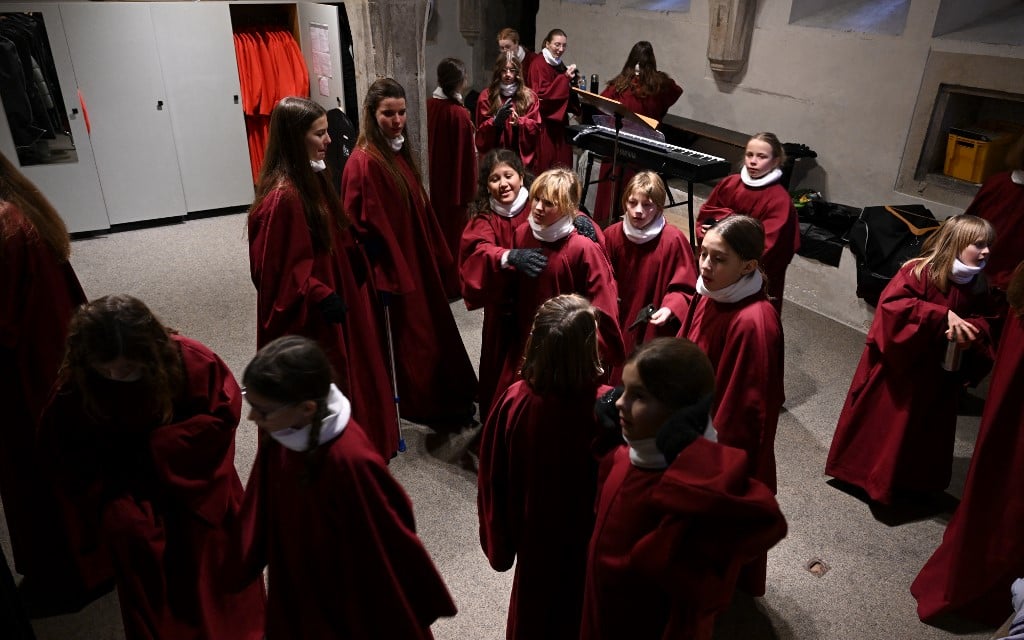
“It always annoyed me that the boys were favoured. That’s why I think it’s really great that there are girls here too now,” she said, speaking to AFP ahead of the concert.
Founded in 975, the Regensburger Domspatzen — which translates as “cathedral sparrows” — is one of the world’s oldest and most famous boys’ choirs.
International stardom
The school created alongside the choir offers pupils a standard German education, but with a heavy focus on music and at least one hour of choir practice every day.
There are a total of 305 students aged between 10 and 19, around two-thirds of whom are boarders.
Full tuition and board costs 570 euros ($600) a month and students must pass a gruelling audition before being offered a place.
As well as providing the music for services at Regensburg Cathedral, the boys’ choir regularly embarks on prestigious international concert tours.
However, the school has not been spared from the Catholic Church’s child abuse scandal and a 2017 report found that more than 500 choirboys suffered sexual or physical abuse at the institute between 1945 and the early 1990s.
The report criticised senior Church figures for failing to do enough to prevent the abuse. They include Georg Ratzinger, brother of former pope Benedict, who led the choir from 1964 to 1994.
The scandal “probably” contributed to a decline in applications in 2016 and 2017, according to Christian Heiss, the current conductor of the Regensburger Domspatzen.
Then, having completed extensive renovations in 2020, the school also found itself receiving fewer applications as a result of the coronavirus pandemic.
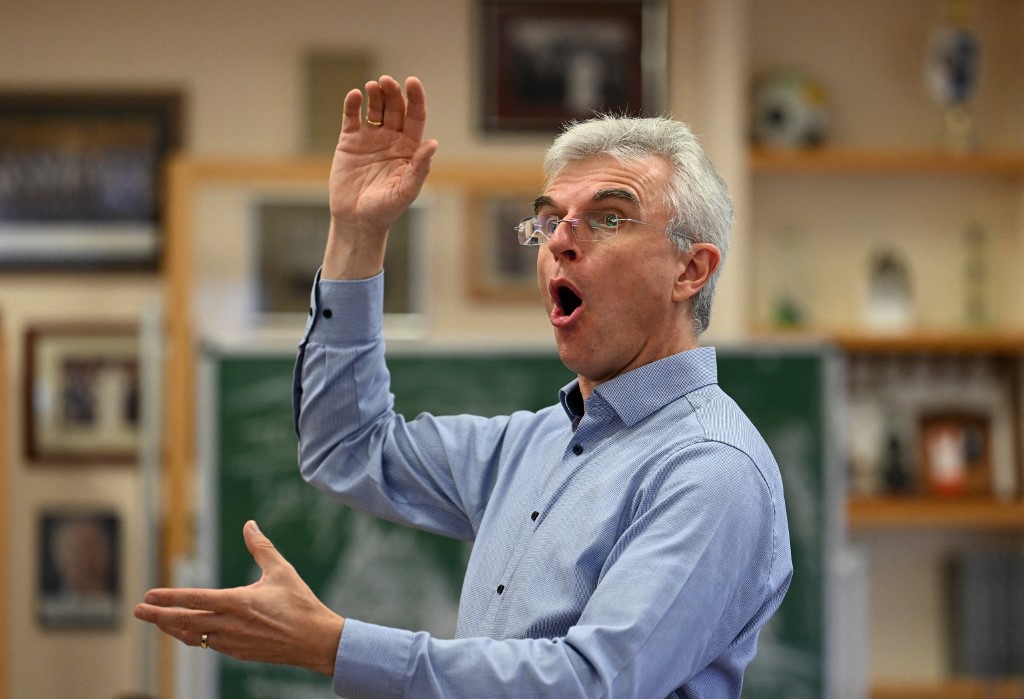
The extra capacity meant “the time was ripe… to start a new pathway, a girls’ choir pathway”, Heiss said.
A total of 33 girls joined the school in September, 15 of them in the reception year and the others in older year groups.
The girls’ choir rehearses separately from the boys’ choir but otherwise all lessons are now mixed.
‘Bright, radiant sound’
For 16-year-old Jakob Bauer, in his fifth year at the school, it’s been a positive development.
“It’s definitely different,” he said. “At first I thought it was going to be a major change… but now it’s actually pretty normal and quite cool too.”
The girls’ choir made its debut on Sunday under conductor Elena Szuczies.
The initial plan was for the choir to perform for the first time in 2023 but the girls had exceeded her expectations, Szuczies said.
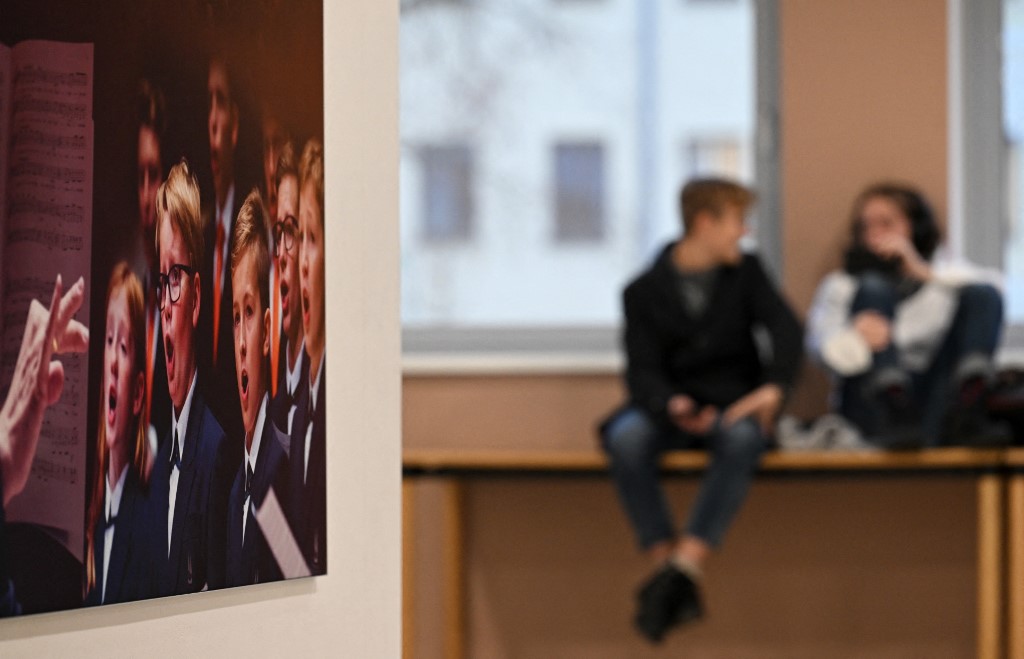
There are currently no plans for the school to start a mixed choir, partly because the girls have their own “different sound”, according to Szuczies.
“I personally love this bright, radiant sound,” she said.
To begin with, the girls’ choir will stick to singing at Sunday services in Regensburg cathedral.
But Heiss hopes they will eventually reach the same heights as their male counterparts.
“Boys’ choirs are famous and have a certain reputation musically, but the girls’ choir scene is not yet as established,” he said.
“I think that by offering this pathway we will also help to make the girls’ choir scene better known and raise its profile.”

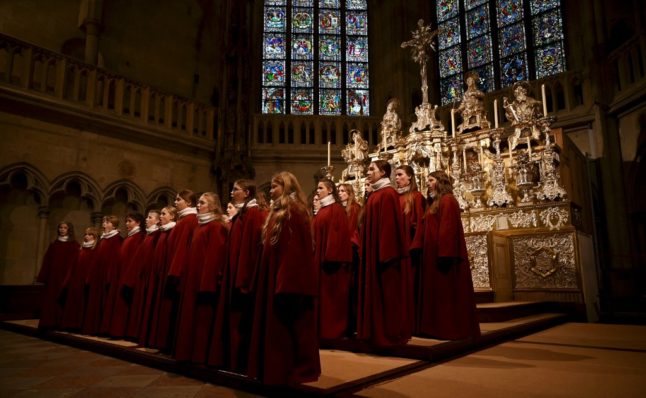
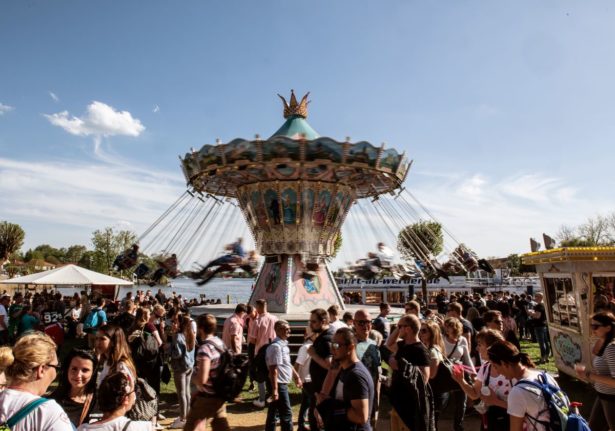
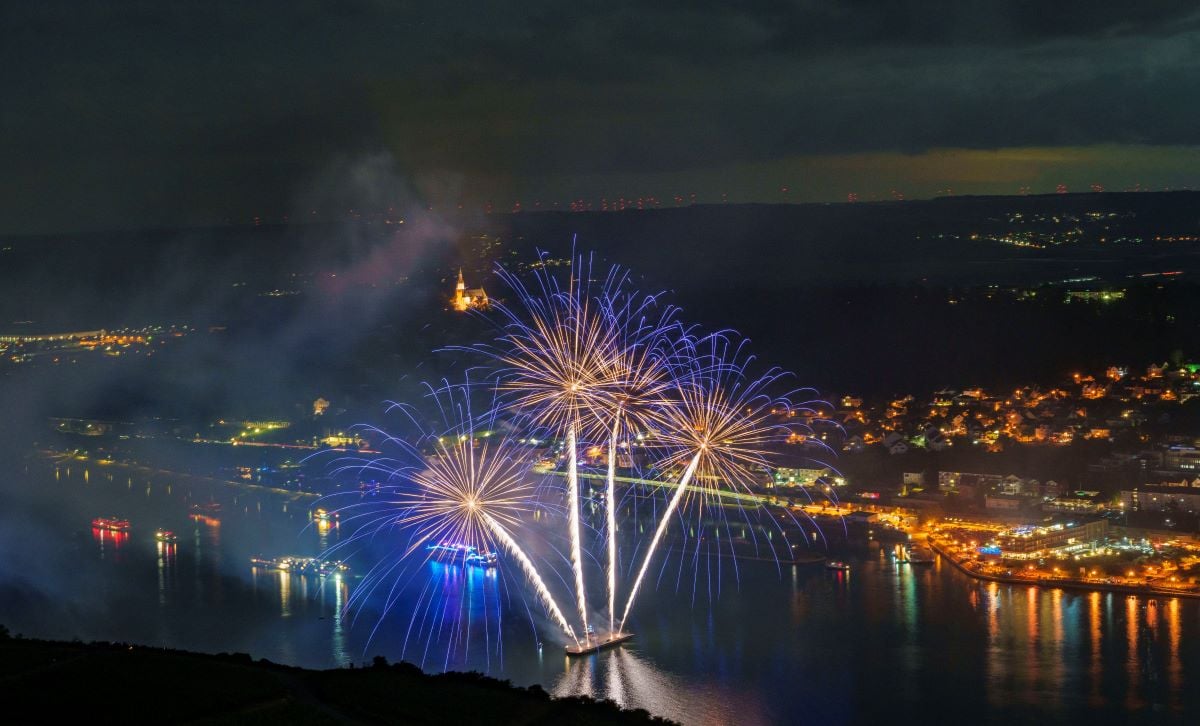
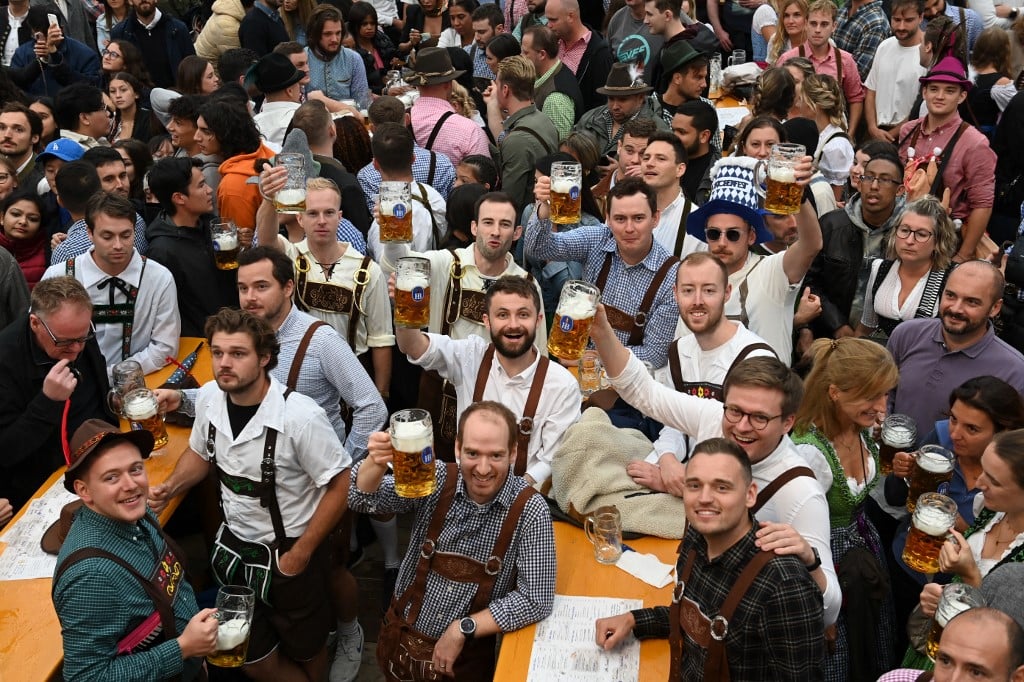
 Please whitelist us to continue reading.
Please whitelist us to continue reading.
Member comments